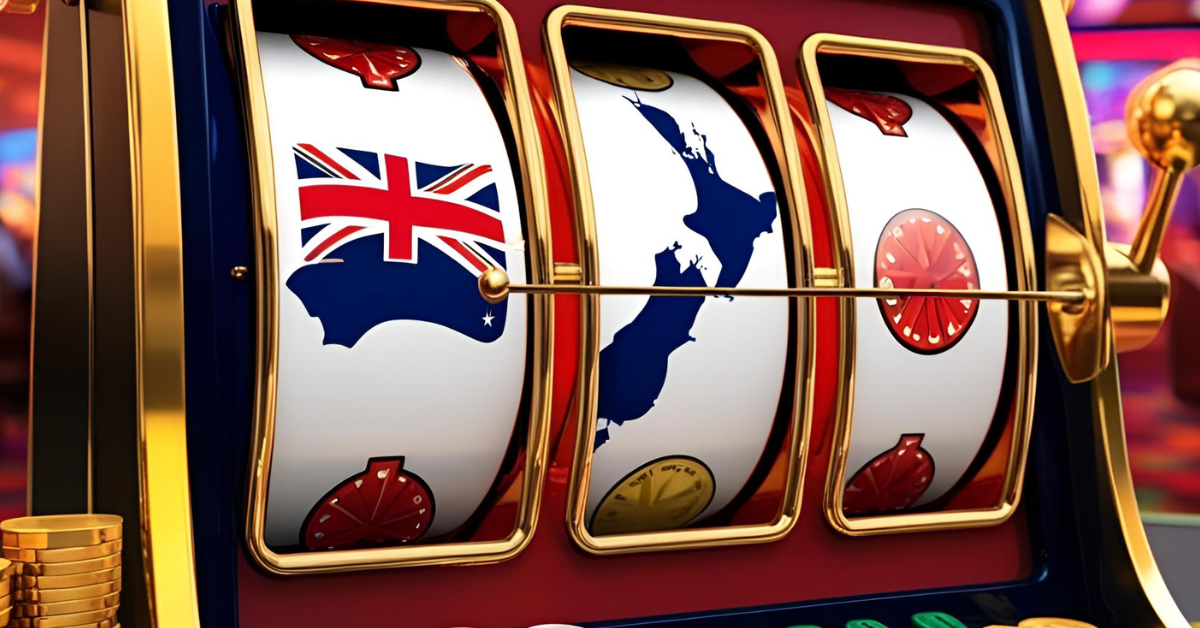New Zealand Releases Online Casino Gambling Bill, Proposes Licensing Regime for 2026
On 30 June 2025, the New Zealand Government introduced the Online Casino Gambling Bill, which marks an important step towards regulation of online casinos in the jurisdiction. The Bill sets out a proposed licensing regime for operators to legally offer online casino gambling and outlines enforcement measures to prohibit unlicensed gambling and advertising activity. The proposed approach contrasts strongly with the prohibitionist approach to online casino gambling in Australia and is being keenly observed by stakeholders “across the ditch”.
Closing the regulatory gap
Online casino gambling has long existed outside New Zealand’s domestic regulatory framework with offshore operators offering their services to New Zealanders without being subject to local licensing, taxation, or consumer protection obligations. Under the current Gambling Act 2003 (NZ), entities conducting their businesses entirely offshore have not been subject to prohibitions on online casino gambling.
The new Bill seeks to address this gap directly. It proposes a licensing regime that will allow up to 15 authorised online casino operators to service the New Zealand market. The Bill also introduces prohibitions on the operation and advertising of unlicensed platforms and outlines a range of harm prevention and consumer protection measures that will apply to licensed operators.
The Bill’s release follows recent legislative amendments to the Racing Industry Act 2020 (NZ), which now restrict the provision of online racing and sports betting to New Zealand’s sole authorised provider, TAB NZ. Those amendments came into effect on 28 June 2025.
Key features of the licensing framework
Under the proposed framework, up to 15 licences will be made available for the initial regulatory period. These will be awarded through a competitive process, expected to take the form of an auction. The key features of the licensing framework include:
Licences will be valid for three years, with the option to renew for up to an additional five years.
Applications will be open to both domestic and international parties.
Licensed operators may advertise their services within New Zealand.
Each licence must be tied to a specific brand, website, or platform.
Licence holders must ensure their platform is operational and available to New Zealand customers within 90 days of the licence start date, and for a minimum of 270 days in any 12-month period.
No single entity may hold or have significant influence over more than three licences. This means the 15 available licences could ultimately be distributed across as few as five, or as many as fifteen, separate operators.
Only licensed operators may advertise online gambling services to New Zealand residents subject to compliance with requirements yet to be prescribed by regulations.
Licences will be non-transferable.
Access to licensed online casinos will be restricted to individuals aged 18 and over and licensees will be required to take reasonable steps to ensure customers meet this requirement.
Licensing process
The licensing process will consist of 3 stages:
Expression of interest (EOI): The Secretary for Internal Affairs will issue a public call for EOIs, expected in March or April 2026. Interested parties must provide certain background information regarding their entity, ownership structure, key officers, compliance history, technological platform, branding and available capital.
Competitive process: Parties progressing through the EOI phase will proceed to a competitive process, likely to occur by way of auction. The outcome of this stage will determine which parties may apply for a licence. This will solely depend on the price paid at the auction - no other factors will be assessed. The New Zealand government is considering implementing a reserve price before the auction, but this is yet to be confirmed.
Licence application: Successful bidders will then be invited to submit a full licence application. The Secretary for Internal Affairs will assess applications against pre-determined eligibility criteria. A licence will not be granted if doing so would result in more than 15 licences being held at any one time, or if the applicant would hold or have significant influence over more than three licences. Licences will also be refused where the applicant is likely to compete with a protected New Zealand lottery.
Applicants who are unsuccessful at this stage, or who choose not to proceed following the competitive process, will have the amounts paid during the bidding process refunded. The Secretary will be responsible for managing the notification and refund process. It is unclear at this stage whether the next highest bidder will be invited to apply for a licence if one of the successful bidders is not ultimately granted a licence.
Operators already active in the New Zealand market may continue operating while their application is under review, but must cease all advertising until a licence is granted. Any operator that does not obtain a licence must exit the New Zealand market by as early as 1 July 2026.
Application requirements
An application will need to be accompanied by detailed information demonstrating the applicant’s approach to advertising and marketing, consumer protection, harm prevention and minimisation, and regulatory compliance. In addition, the applicant must submit a comprehensive business plan for conducting online casino gambling in New Zealand. This should include the applicant’s goals and objectives, management and operational structure, financial viability and projections, physical address, and a description of the gambling platform, branding, and user interface proposed for use in the New Zealand market. Finally, it is expected that an application fee will be charged. However, the price of this fee is yet to be made publicly available.
The timing for licence applications will be confirmed in January 2026, with the full process expected to be completed by 1 July 2026.
Regulations
The Bill contemplates that the regulations will be made to deal with matters such as:
operating restrictions
player exclusion requirements
fees, levies and charges payable
information collection and retention
advertising and marketing
technology requirements
We anticipate that regulations will be published in advance of the EOI process.
Next steps
The release of the Bill represents a clear move toward formal regulation of online casino gambling in New Zealand. It will now be subject to a Select Committee Process, where members of the public can comment on the legislation. This culminates in a report being lodged with the New Zealand Parliament with a summary of the feedback and potential recommended changes (if any). Once this process is complete, the Bill will be read a second time and changes will be considered. Presuming that the Bill successfully passes the Parliament and gains Royal Assent, it is contemplated that guidance materials will be issued, including an education pack for prospective applicants. It is expected that this guidance material will be made available well in advance of the EOI window.
Operators considering market entry or continuation should begin preparing for the upcoming licensing process, including assessing their eligibility, compliance readiness, and resourcing. The transition to a licensed model will be structured and time-bound, and successful participation will require careful planning.
Senet will publish updated information on this topic as it is made available. If you have any questions regarding the Bill or would like to discuss obtaining a New Zealand Online Casino Licence, don’t hesitate to contact us.



